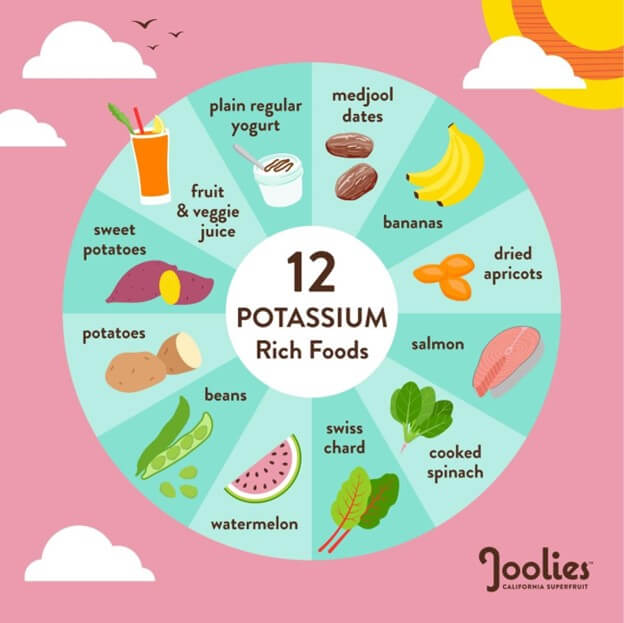A nurse is reinforcing teaching with a client who has an electrolyte imbalance. Which of the following foods should the nurse include as the highest in potassium?
Sweet potato
Baked chicken breast
Wheat bread
Canned green beans
The Correct Answer is A
Explanation: Sweet potato is a food that is high in potassium, which is an electrolyte that regulates fluid balance, nerve impulses, and muscle contractions in the body. A medium- sized sweet potato contains about 541 mg of potassium, which is more than 10% of the recommended daily intake for adults. Baked chicken breast, wheat bread, and canned green beans are foods that are low or moderate in potassium, containing less than 300 mg per serving.

Nursing Test Bank
Naxlex Comprehensive Predictor Exams
Related Questions
Correct Answer is B
Explanation
The correct answer is choice B. Nontender, protruding abdomen.
Choice A rationale:
Natural loss of deciduous teeth typically begins around the age of 6 years, not at 2 years. At 2 years old, toddlers are still in the process of getting their primary teeth.
Choice B rationale:
A nontender, protruding abdomen is a normal finding in toddlers due to their developing abdominal muscles and the typical posture of a toddler.
Choice C rationale:
By the age of 2, a child’s head circumference should no longer exceed their chest circumference. This is a characteristic of infants, not toddlers.
Choice D rationale:
Palpable fontanels are expected in infants. By the age of 2, the anterior fontanel should have closed, making it non-palpable.
Correct Answer is C
Explanation
Whether you are a student looking to ace your exams or a practicing nurse seeking to enhance your expertise , our nursing education contents will empower you with the confidence and competence to make a difference in the lives of patients and become a respected leader in the healthcare field.
Visit Naxlex, invest in your future and unlock endless possibilities with our unparalleled nursing education contents today
Report Wrong Answer on the Current Question
Do you disagree with the answer? If yes, what is your expected answer? Explain.
Kindly be descriptive with the issue you are facing.
